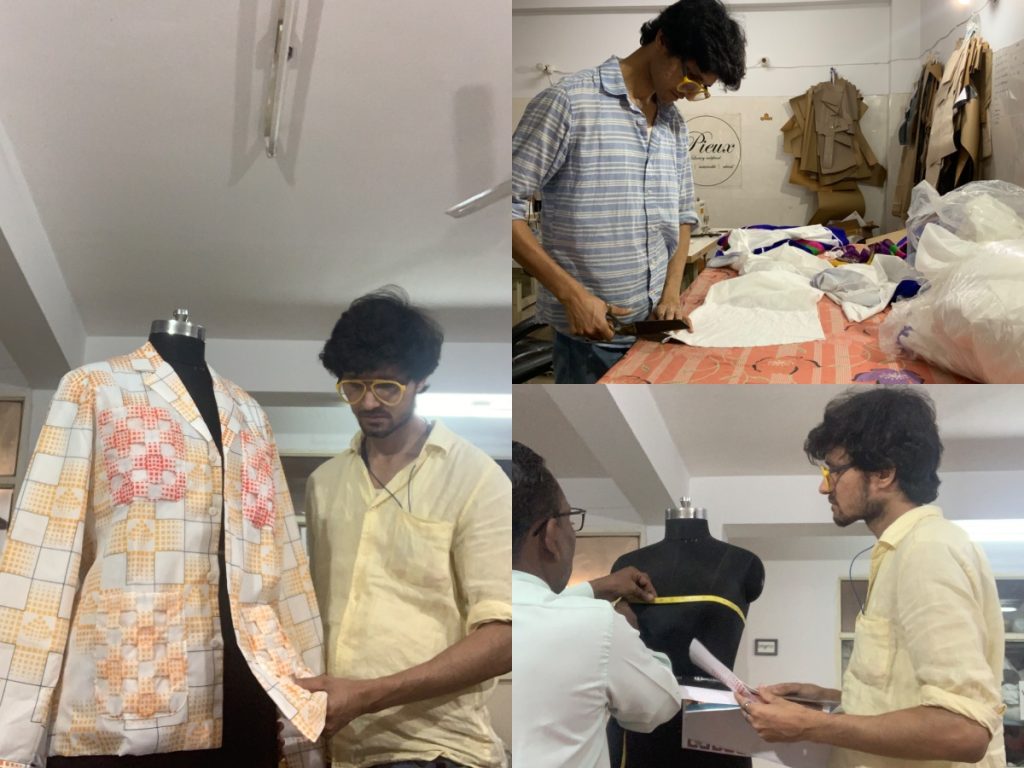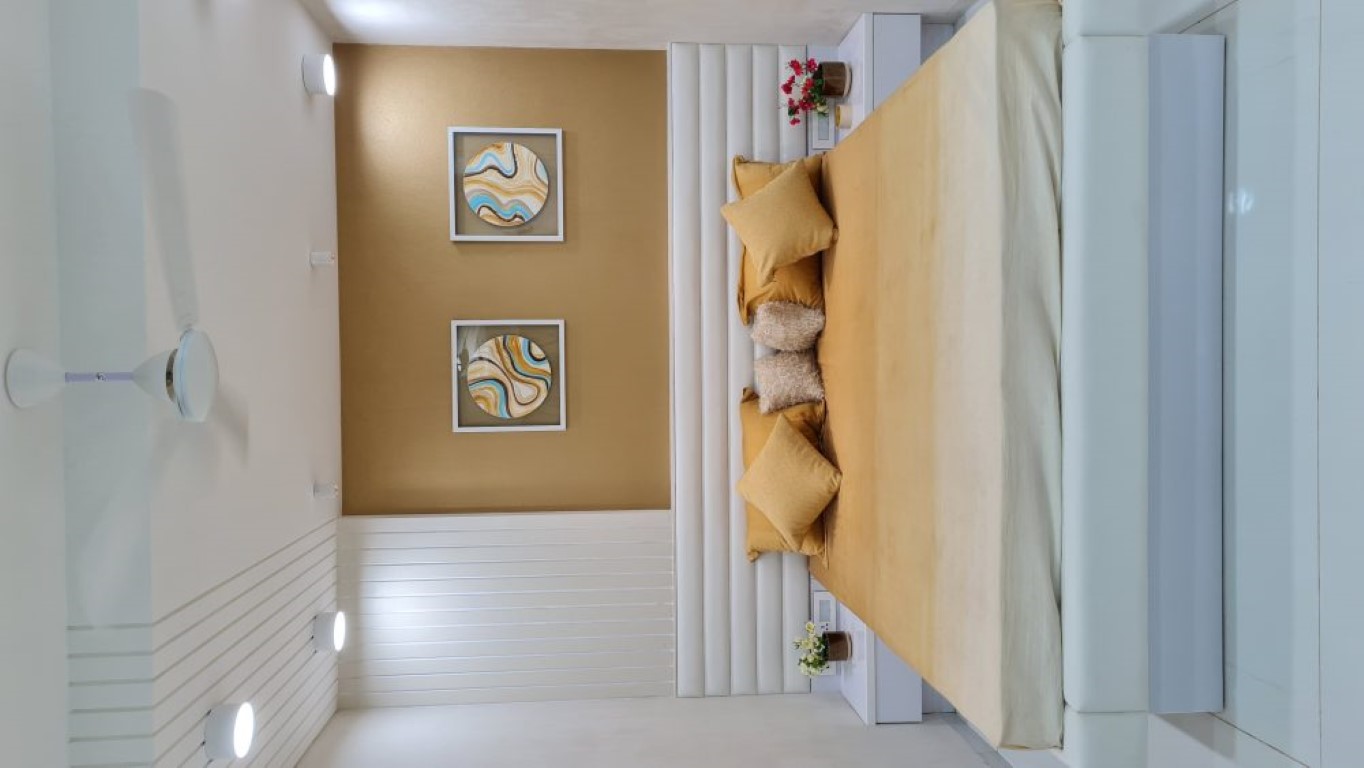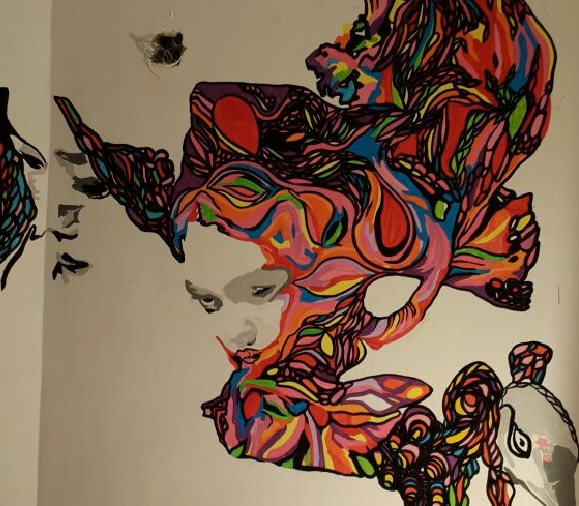Sanjana Chawla
The growing inclination towards designer, trendy fast fashion products generates uncontrollable amounts of fabric waste and depletes the planet’s resources. While the costs of these products are meagre, the damage they cause to the environment is lasting. According to the Indian Textile Journal, more than 1 million tonnes of textiles are thrown away annually in India. Since the country is also among the top five apparel manufacturing markets and one of the leading global hubs of fast fashion garments exported to Europe and the US, there is a massive demand for fast fashion and fashion goods in the country.
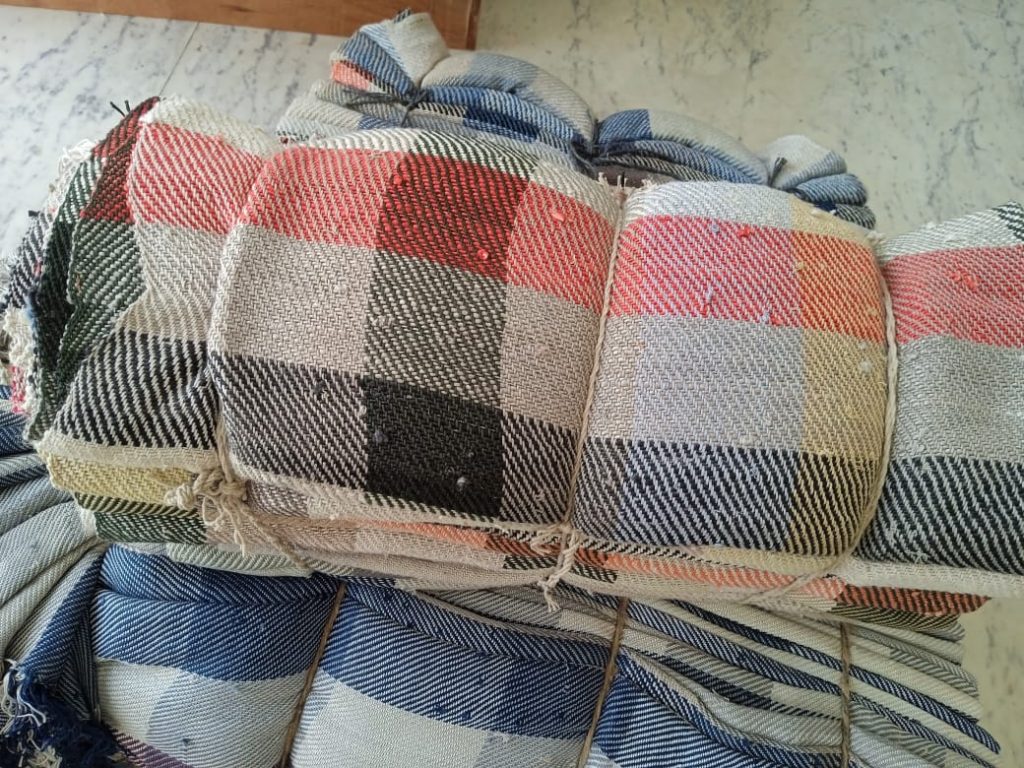
A result of this enormous demand and production is the generation of waste and greenhouse gas emissions which not only harm human and animal life but also contribute to the degradation and erosion of the environment. Sustainable fashion is the only way forward in such an increasingly fragile ecosystem where the environmental burden of producing garments can be huge. A Gurgaon-based brand is on its way to creating a sustainable fashion sphere with eco-friendly and upcycled products.
Pieux by Pratyush Kumar is a luxury sustainable fashion brand with circularity, upcycling, and recycling in its DNA. The brand uses discarded textiles, deadstock fabrics, surplus textiles, discarded yarn, plastic bottles, and carpet waste to create its products. Kumar, the founder of Pieux, shared, “I always wanted to create a brand which was ethical and circular yet cool, modern and couture in its approach. As a fashion designer, I felt it was my duty to create beautiful pieces; as a global citizen, I had to create them in the most planet-friendly way. So that is how Pieux was born with the idea to create mind-blowing fashion without blowing up the planet”.
With his pret-cum-couture western brand, Kumar offers a variety of products such as swimwear, footwear, eyewear, bags, garments, socks, bow ties, and even quilted beds for dogs. Pieux makes use of certified organic textiles such as cotton, orange, eucalyptus, and rose, recycled materials, discarded faulty garments, and recycled threads. Additionally, they incorporate organic and natural fabrics and use post-cutting waste, defective pieces and end-of-line fabric, dead stock and recycled material to make the garments. Rooted in sustainability and environment-friendly activities, they make extensive use of remanufacturing to save resources.
Sharing his source and ways of procurement, Kumar continued, “We procure recycled polyester textiles from Surat and Tirupur, while the discarded carpet yarns are sourced from an export house in Bhadohi, UP. We source leftover and surplus textiles from various SMEs in Delhi NCR and from our production floor”.
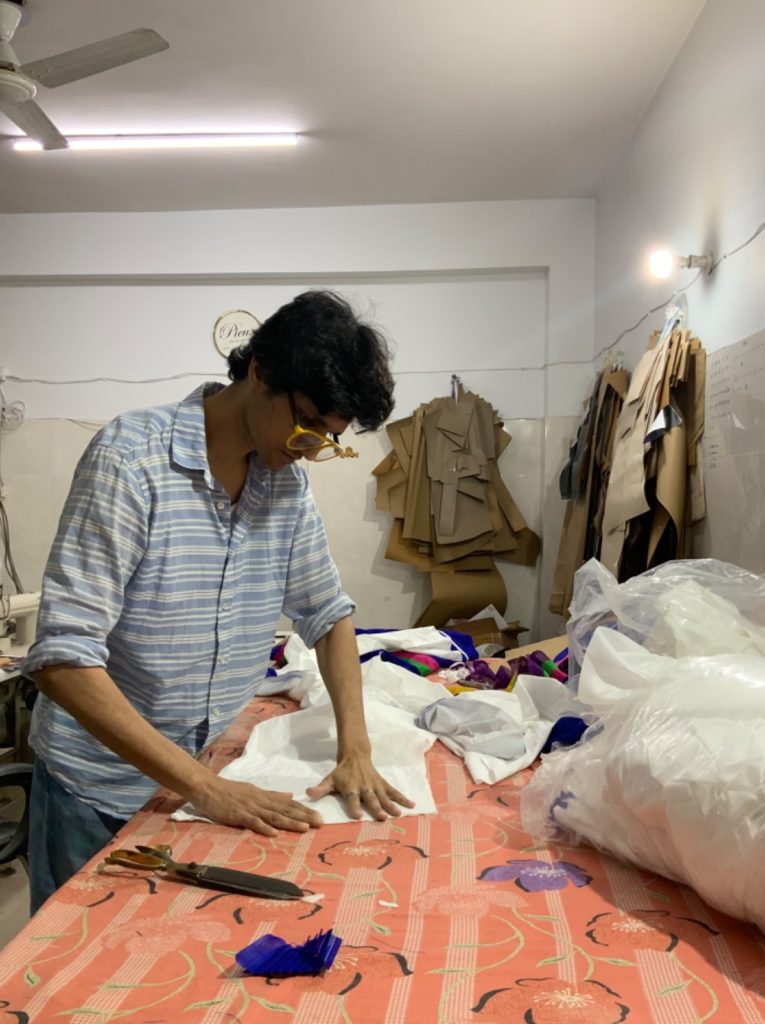
Almost 73 per cent of garment waste finds itself in landfills, only because there are not many avenues to reuse that fabric but Kumar finds a way around to make something which is not only aesthetic but also supportive of the environment. He focuses on ethical production and fashion and offers a myriad of upcycled, recycled, and patched garments, footwear, and accessories. He believes that fast fashion is like a parasite eating up the planet slowly and slowly and therefore presses on the need of having a permanent solution. He added, “Pieux doesn’t create products according to fashion or trends. By employing various methods, we find ways to clean the mess created by fast fashion. We collect old clothes of people who they are bored of and add value and life to them by converting them into new textiles, fashion apparel and accessories”.
Kumar explained the method and process: “Firstly we procure the extra or discarded yarns from carpet export houses. Then with the help of the weaver community, we hand-weave the discarded yarns and create a textile which we have named Cartex. It is usually medium to heavy and is used for creating menswear and womenswear garments, bags, modular footwear, and home decor products”. Pieux mostly makes use of cotton, nylon, silk, wool, bamboo, and Tencel fibres and also upcycles old or faulty garment rejects by repairing, cutting, embroidering and sewing them.
While the brand agrees that its method of creating garments is not completely zero waste or leads to no leftovers, it stays true to its virtues of reusing and utilising production leftovers. Kumar believes in extending a product’s lifespan by keeping it in the production cycle. Explaining circularity, Kumar added, “We collect every small piece that is left behind during the construction of garments and segregate it based on colours and compositions. Then we stitch them together to create a new textile. By doing so we can keep all the waste within our circular production loop”.
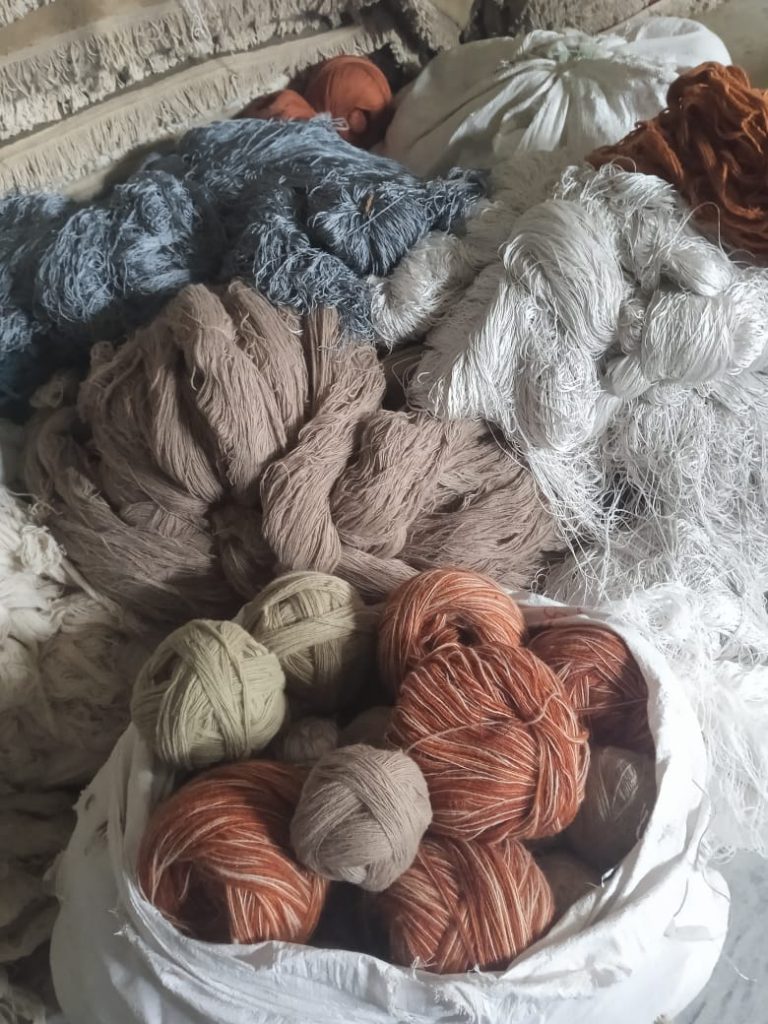
Because the internet culture, fast fashion, and the #trending cultures are so widespread, people don’t want to repeat a piece of cloth and they either stop wearing it, discard it or rush to the nearest fast fashion brand to buy something new. So until consumer buying behaviour and manufacturing practices do not change and evolve consciously, Kumar feels that designers will have to adopt ways to recycle and upcycle as much as they can to create functional long-lasting products.

